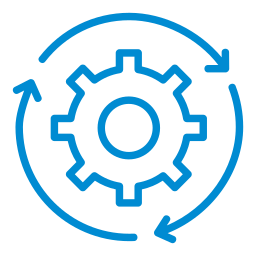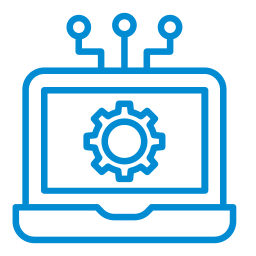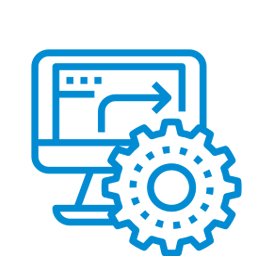RPA: lever for digital transformation

Closely linked to the acceleration of the digital transformation of businesses, RPA enables all organisations to respond to new operational, organisational and relational challenges in order to promote, ensure and strengthen the digital experience of users.
In this context, RPA – a technology already implemented in some processes – will become essential.
Robotic Process Automation (RPA) is a fast-developing technology with the potential to align service levels with user expectations, create value, personalise relationships, reduce operating costs and focus employee activity on value-added tasks.
Processes that can be automated
These processes are automated via the development of robots capable of carrying out numerous operations, such as connecting to applications, processing and sending e-mails, reading and writing in databases, performing calculations, etc.
The TIPS of the ALTEN expert
“A RPA project cannot be improvised and requires a global and integrated approach gathering process, technology and teams.”

Christophe Biava, ALTEN Offshore IT Development Manager

A unique RPA approach designed by ALTEN
To serve its customers, ALTEN has designed its own approach based on four major RPA implementation stages, from defining the organisation through the development of the robots and their support.
RPA is at the heart of digital transformation issues and will, in coming years, benefit from the added value of AI, such as cognitive automation and machine learning.
Do you also want to make the most of this technology?





